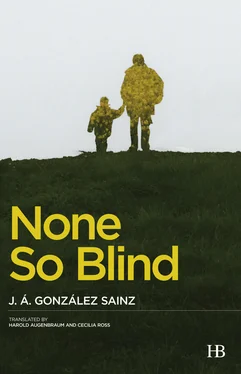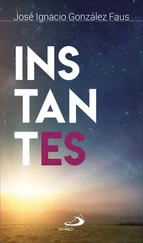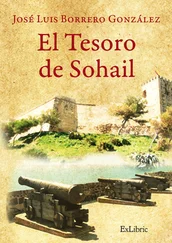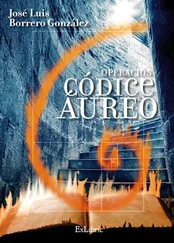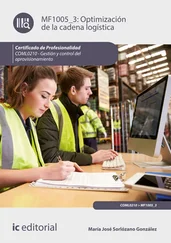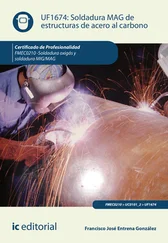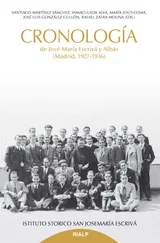Well-read? Me? — he would usually object. That is to say, reading, as in reading, I mean, I’ve read a little (and if he was at his house, he would point out the two or three stacks of books he had obviously read and reread in detail), but really what I’ve done is to listen, to listen to my father, may he rest in peace, what little I could and to listen to whomever might be speaking to me, to listen and above all to see, he would stress, to look around with my eyes as open as I could make them or as open as others would let me.
At the beginning, before reaching the immense hulk of Pedralén from the field by the river, the road curved two times along the hills to the right, while on the other side, by the river’s edge, there grew in rows a thick, broad stand of black poplars, whose leaves would whisper when the wind blew through them and always kept him company with their questions and which spread their coolness and their memories along the length of the path. The leaves sounded odd that day, as if they were nervous or anticipating something, and he went around the grove more quickly and less calmly than he could recall ever having done before. But despite his hurry, despite the fact that it wouldn’t have been in the least an exaggeration to say that the storm was now upon him, when he arrived at the imposing wall of stone, he could not but slow his pace, as he’d done when he’d passed by earlier in the other direction, and pause to lay his eyes a moment on the modest, stone cross that had been erected there, directly below the highest point of the rock, one of the years he’d been absent from the village.
It was at the beginning of the autumn of ‘77, during the days when changes in the entire country seemed to finally accelerate, when the town council decided to erect that somberly sculpted cross that measured a bit more than a yard off the ground. It had been hewn from the same stone as the immense crag that rose on the other side of the road, and the footing that served as its base, also from the same stone, had several names chiseled into it. Some of them, three, had full first and last names, while two others had only one last name. Among these latter was his father’s name, Felipe Díaz, Felipe Díaz Díaz, in fact, but since it was only the name and the first surname, it could easily have been his father’s or his second son’s or even his own. He would have liked to smile this time, too, but all at once, as if something inside him had suddenly turned on a hinge forged from the murky metal of an enigma, he became enshrouded in a strangely indecipherable expression.
After the rocky ravine of Pedralén, where the Egyptian vulture kept its nest from mid-February well into August, there was still more than three-quarters of the road left before he got to his house on the outskirts of the village. On the other side of the river, completely unaware of the approaching storm, the watchers who were following the progress of the vultures from the wide shoulders of the highway seemed to continue impassively with their pastime. What’s more, it seemed that the imminence of the storm, far from upsetting them, seemed to actually increase the attraction for them, and so you could see them watching ecstatically — probably for the last time that year, since there could only be a short time left until they emigrated to other climes — as the vultures soared and glided, their wings extended as if they wanted to embrace all that immensity. They gazed unconcernedly and coolly toward the break in the ridge, they watched the nests, they watched the imposing, intimidating flights of the vultures or waited calmly for them to return from their long absences in search of carrion; although it’s possible — and there was no evidence to the contrary — that some of them were focusing on him, on his tiny, defenseless progress past the foot of the immense rock, beneath the circling flight, perhaps, of an Egyptian vulture.
Egyptian vultures — he always remembered how his father had told him at this same spot, impressing him to the point of awe, when he was still very small — were the first to arrive where there was carrion, at times even to the point that one might think they had gotten to the victim while it was still in its death throes or that they had somehow prepared the ground and even created the opportunity. But the fineness of their beaks, their slightness, or, if you like, their delicacy, only allowed them to slurp down the soft part of the carcasses; the soft parts, his father would repeat, oddly pensive, thinking, most likely, about other things, the soft parts, like eyes and tongues. That’s why they need the larger vultures, the black vulture and the griffon vulture and the bearded vulture — he would explain — to rip apart the carcasses beforehand, so that they could then enjoy the victims’ soft remains. It’s the preeminence of savages, he would conclude, the privilege of the shrewd. The high-handed agreement among scavengers, Felipe Díaz Carrión would think later, the tacit, instinctive, and at the same time highly rational agreement of the great, black vultures of terrifying wingspan, greater even than that of eagles, and the elegant, white, Egyptian vulture that devours victims’ entrails and leaves them with no eyes, and no tongue.
He also remembered his father telling him on several occasions that even though it wasn’t at all inconceivable for a person to mistake an Egyptian vulture at first glance for a stork, a scavenger that devours carcasses for the avian symbol of fertility and good omens, you need only look beyond the similar coloring of the plumage and focus closely, even if only for a moment, on the neck and the feet to see right away that the Egyptian vulture’s were much shorter and less slender than the stork’s. Of course, you had to look closely.
It was like everything in life, he told him, some things are and some things aren’t, but those things, the one’s that aren’t, sometimes end up doing much more than the things that are. The mysteries of life, he concluded — and at this point it always seemed to him that he could hear the whispering of the wind in the leaves of the poplar trees or the babbling of the water in the river — the mysteries of life and the state of things.
That’s why you always have to try to identify everything in the exact place and form you come across it, he would often insist, and to identify things without prejudging them, without absolutes and without thoughtlessness and without rhetoric, and without shrinking from this responsibility, because confusion — or an inflexible position — doesn’t generally lead to anything good or clear, and the people who always benefit from it are generally the least desirable.
He didn’t understand, he would listen to the murmuring of the air in the leaves and the shrubs along the road when his father spoke to him, but he didn’t understand it, despite the fact that he got the vague feeling, although he didn’t know why, that buried within this non-understanding of his was a particular form of comprehension that now, many years later, he could plainly see had been bearing fruit. It all depends on how you walk over and over again along that road, he thought.
14
With the crag of Pedralén now behind him, the road back grew progressively but imperceptibly wider and ceased to be a mere bridle trail. On the left-hand side, on the return route, the low, mortarless stone walls, often crowned with brambles, marked the boundaries of the different plots, or sometimes it was a line of black poplars or elms, once more struggling to overcome Dutch elm disease. Beyond these walls — a few pomegranate trees, heavy with fruit this year, poked up from behind one of them — the fields stretched as far as the river; meanwhile, on the right, as if the overwhelming fertility of the other side of the road had wanted to display there its exact opposite, just the way things often do, changing from one minute to the next into their adverse, isolated sections of dry hills populated by gorse and thyme jutted up, the path the only break between them. The road skirted slowly around those slopes, around the hillsides and mud-filled gullies, until it came to the old abandoned mill, where the packed-earth that had been gradually widening then became an asphalt roadway no longer fit only for pack animals and men walking on foot — and probably, although it would be hard to say why, in silence — and led over and old, stone bridge and into the sprawling outskirts of the village.
Читать дальше
